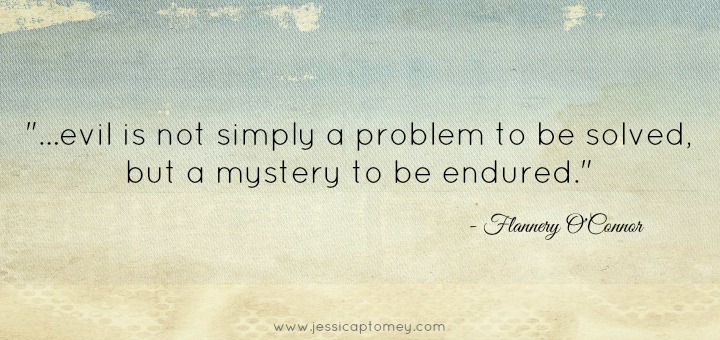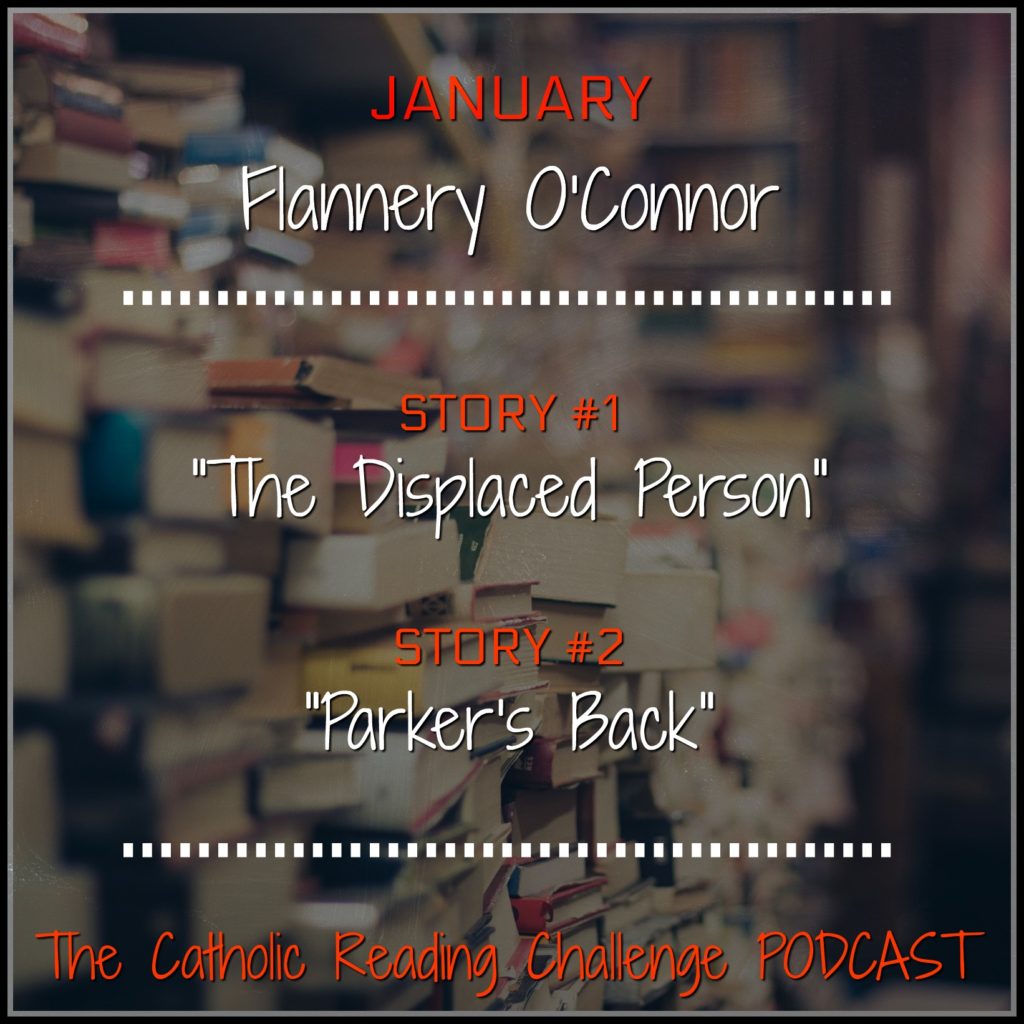I was recently having a conversation with my six-year-old son about sin. We were reading the Gospel account when Jesus called the Apostle Matthew from his life as a tax collector to follow him. Upon hearing the Pharisees’ murmuring against him associating with sinners, Jesus responded:
“Those who are well have no need of a physician, but those who are sick. Go and learn what this means, ‘I desire mercy, and not sacrifice.’ For I came not to call the righteous, but sinners.” (Matt. 9:12-13)
As we were discussing the passage, my son said, “But we aren’t supposed to hang out with sinners.” I responded, “Well, Jesus’ point was that we are all sinners in need of God’s mercy.” My thoughtful and emotive young son was visibly disturbed by this. “I’m not a sinner!” he exclaimed with a furrowed brown and tight lips. “Yes you are,” I said. “We all are. We are all sinners, and our sin has separated us from God. That is why Jesus came — to restore us to the Father by his grace. We are sinners who have been saved by God’s grace, but we have to actually acknowledge what we are without him.”
My son’s displeasure at the thought of identifying himself as a sinner is typical of our human condition, especially in the modern world. You and I struggle with the same thing. We don’t like thinking of ourselves as “sinners” or our sins as, well, sins — do we? We want to think of them as “challenges,” “less than ideal” traits, or “shortcomings.” Sin seems so…evil. Exactly. It is.
Being selfish or angry, lying, being puffed up with pride, gossiping about others, always wanting more — these things are evil. And our lives are actually inundated with them in many daily ways — great or small. But one reason that we don’t want to name them as they are is that we would then have to acknowledge that our temptation toward them is always present; and in many Christian environments we aren’t comfortable with that being the case.
We are more comfortable with the idea that Christ saving us from sin is in the past…all done. We want to live in a present Christian life that is all positive and all about our goodness in Christ. Therefore, there is a tendency to think of sinful struggles as something that we can overcome for good and be done with, moving from the “sinners” group to the “non-sinners” group.
If we are honest, we know that this isn’t theologically correct. We know that through the salvation and sanctification processes we are not removed from this fallen world or immune to sinful tendencies (that’s in heaven); but we don’t like being reminded that our sin, when committed, is still sin. We, like the Pharisees, want to call the tax collectors wrong behavior “sin,” but not our own.
Offering an alternative perspective, is wisdom from St. Francis de Sales:
“The discipline of purification can and must cease only with our life, therefore be not discouraged by infirmities; our perfection consists in struggling against them, which we cannot do unless we perceive them, neither can we conquer unless we come into collison with them. Victory does not lie in ignoring our infirmities, but in resisting them” (An Introduction to the Devout Life, Pt. 1, Ch. 5).
One reason that we are attracted to the “us” and “them” mindset is that it separates us from evil; and when we are separated from evil we don’t have to think about our own sin as sin. St. Francis highlights the danger in separating ourselves from our “infirmities” — we can’t move toward goodness, toward perfection, if we do so. We have to name that evil in us for what it is, and every time it rears its ugly head we have to call it ugly. If we don’t, we will forget it is there and never conquer it.
As we move toward heaven, we all have the potential for incredible goodness, but we will never realize it without persevering against our potential for terrible evil. In the words of Flannery O’Conner, we need to understand that “evil is not simply a problem to be solved, but a mystery to be endured.”¹ We must endure until perfected.

¹ O’Conner, Flannery. Mystery and Manners (1970). Farrar, Straus and Giroux, New York: NY, p.209.
Copyright 2017 Jessica Ptomey



